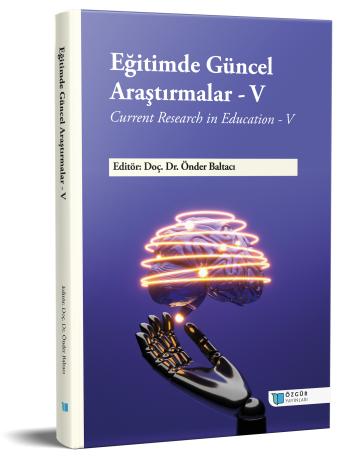
Erken Çocukluk Döneminde Düşünme Becerileri ve Eğitimi
Chapter from the book:
Baltacı,
Ö.
(ed.)
2023.
Current Research in Education - V.
Synopsis
Thinking is the result of a behaviour directed towards a solution or the resolution of a problem. For a thought to be realized and its results to be effective, there must be something to think about, something to think with, some ways to think and a necessity to think about something. Thinking skills are the process of analyzing and evaluating information obtained from observation or experience, including cognitive and affective domains. Thinking skills are not content to be placed in the mind; rather, they are processes that, when practised, empower the mind to function more efficiently. Thinking skills are essential tools for making good choices in a society with many alternatives and preferences. Thinking skills enable decision-making, regulating behaviour and coping with complex situations, which form the basis of the ability to take responsibility. For a child to engage in conscious thinking, he/she should have language acquisition and knowledge about the subject he/she will contemplate. The most prominent thinking skills in early childhood children are critical thinking, problem-solving and creative thinking. Critical thinking is defined as an active and organized mental process that aims to understand oneself, the events, situations and thoughts by considering one’s thoughts, and the thoughts of individuals with whom one interacts. Problem-solving is a self-directed, cognitive-behavioural process in which an individual attempts to identify or explore solutions to problems that arise in daily life. Creativity is the ability to use knowledge and intelligence to generate new ways of thinking. The most frequently used creative thinking models in early childhood education are the Wallas Model, the Lowa Model, and the Creative Problem Solving (Parnes) Model. The development of thinking skills in the early years requires more than indirect learning and learning through exploration. Rather than approaches that use certain resources and techniques related to thinking skills in the early years, it is more appropriate to use an approach to integrate themes and topics that capture the interest of young children into the classroom environment (infusion).

